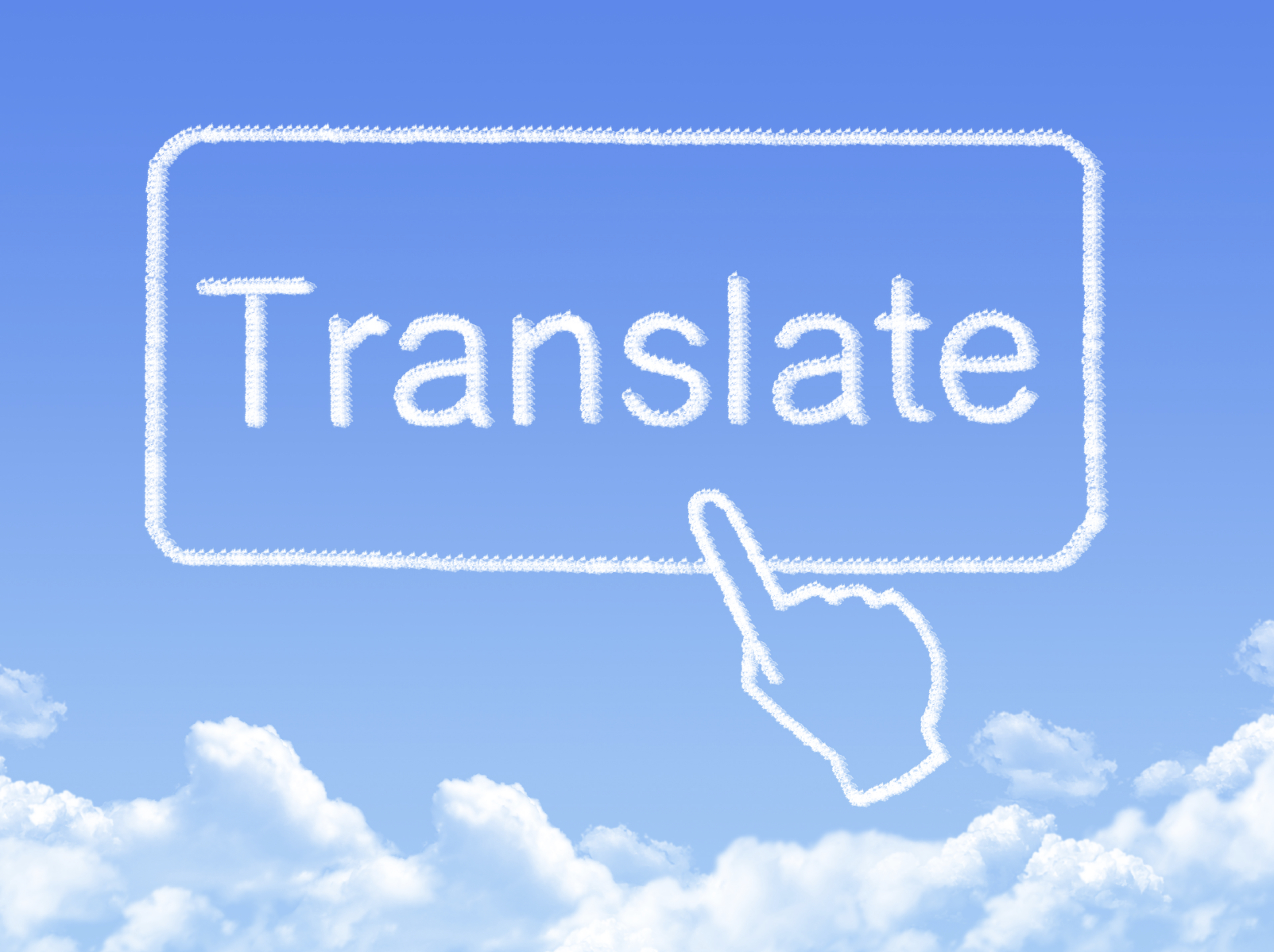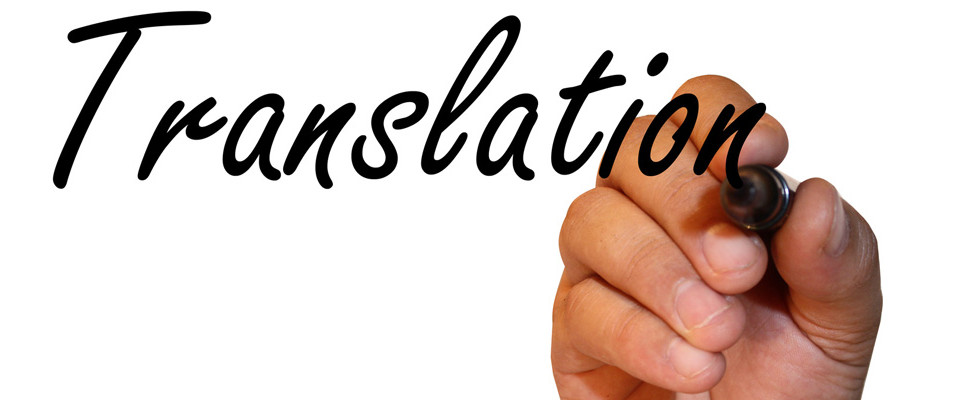

It’s still a nice compliment, though, and can be used to talk about anything.Īnd to say someone is “handsome” or “attractive”, you say guapo or guapa. This is more casual, almost like saying “You look nice” instead of “You look beautiful”. To call someone “pretty”, you use bonita or bonito. Because hermosa is so strong, it’s more common to use bella or bello (“beautiful” or “lovely”), though.To just say “beauty” as a noun, it’s belleza. This is the strongest way to say “beautiful” and it’s similar to “striking” or “gorgeous”. To say “beautiful” in Spanish, it’s hermosa or hermoso. In Spanish, there are a quite a few ways you can talk about someone’s beauty or attractiveness. And if you’re wondering, “love” for things like objects or hobbies would be either me gusta (“I like”) or me encanta (“I’m enchanted by”, “I strongly like”). What about talking to family or friends? Usually, te quiero is for that kind of platonic love, or even affection for your pets. It’s more romantic than me gustas and me caes bien, but it’s less serious than te quiero.

To say “I want you” in English has a lusty sound to it, and not very romantic. This phrase doesn’t quite translate at all in English, because we have no equivalent at that degree. It literally means, “I want you,” but that’s a poor translation, in my opinion. Here’s where those degrees of affection come in. It’s used mostly between spouses and when announcing your love, such as while proposing.Īnother way to say “I love you” is te quiero. Most people have learned that te amo means “I love you” in Spanish, and it does.

Just translate in spanish how to#
You can concisely share your like, love or even enchantment in Spanish, using different expressions.Īs I mentioned above, how to say “I love you” in Spanish depends on the context, situation and what or who you’re talking about. You have many options for expressing your affection! In fact, it’s one of the things I like about Spanish that English is missing. We love our friends, we love our jobs.Īnd even though all of those forms of “love” are different, they’re expressed with the same word: “love”. We love our parents, our kids and our spouse. We love this show, and we love that book. But what’s the best way to tell someone “I love you” in Spanish?Īfter all, in English, we tend to overuse the word “love”. The Spanish language and culture are rich in passionate language and ways to express affection.
Just translate in spanish full#
Full disclosure: This post contains affiliate links.


 0 kommentar(er)
0 kommentar(er)
